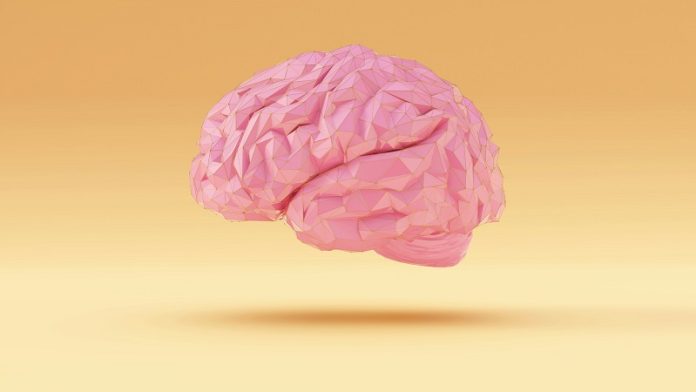
A new study from Geneva has found that adults with Attention Deficit Hyperactivity Disorder (ADHD) may be more likely to develop dementia as they age.
Researchers at the Geneva University Hospitals and the University of Geneva discovered that the brains of adults with ADHD show changes similar to those seen in people with Alzheimer’s disease and other types of age-related dementia. These findings were published in the journal Psychiatry and Clinical Neurosciences.
ADHD is a common brain condition that makes it hard for people to stay focused, control impulses, and stay still. While it usually begins in childhood, many people continue to experience symptoms into adulthood.
According to the World Health Organization, around 3.5% of adults live with ADHD. The condition can make everyday tasks like work, relationships, and organizing life more difficult.
In this study, researchers looked at 32 adults with ADHD, aged between 25 and 45, and compared them with 29 adults without ADHD. The goal was to explore possible brain changes that might explain why people with ADHD could face a higher risk of dementia later in life.
To do this, the researchers used a special kind of brain scan called quantitative susceptibility mapping, or QSM. This method uses MRI technology to measure the amount of iron in the brain. They also took blood samples to look at the levels of a protein called neurofilament light chain (NfL), which is released when nerve cells are damaged.
The results were striking. People with ADHD had more iron in certain parts of their brains than those without the condition. The study found a clear link between high iron levels in a brain area called the precentral cortex and higher NfL levels in the blood. These are important markers because they are both known to be linked to brain aging and early stages of dementia.
Iron is needed for the brain to work properly, but too much iron can be harmful. When iron builds up in certain brain regions, it can lead to oxidative stress—a harmful process that damages nerve cells.
This kind of damage is often seen in people with Alzheimer’s disease and similar conditions. The NfL protein in the blood is a sign that the brain’s nerve fibers (called axons) are being damaged. So, when both iron and NfL levels are high, it may point to ongoing brain damage that increases the risk of dementia.
Professor Paul G. Unschuld, who led the study, said this is the first time scientists have seen a possible neurological mechanism linking ADHD to later dementia risk.
He explained that people with ADHD might benefit from lifestyle changes or treatments aimed at managing iron levels in the brain. He also stressed that more long-term studies are needed to confirm whether lowering brain iron can help prevent dementia in people with ADHD.
This research adds to growing evidence that ADHD in adults isn’t just a condition that affects attention and behavior in daily life—it may also have long-term effects on brain health. As such, early diagnosis and good management of ADHD may not only improve quality of life but also help protect against memory problems or cognitive decline in old age.
These findings are important because they open the door to future treatments and prevention strategies. For example, if we can find safe ways to reduce excess iron in the brain, it might help lower the risk of dementia for people with ADHD. There’s also a need to explore how lifestyle factors—such as diet, exercise, or sleep—affect brain iron levels and long-term brain health.
In conclusion, this study shows a possible biological link between ADHD and dementia, offering new insight into how the brain changes over time in people with ADHD. It highlights the importance of ongoing care and awareness, not only to help people manage ADHD today but to protect their brain health in the future.
If you care about brain health, please read studies about inflammation that may actually slow down cognitive decline in older people, and low vitamin D may speed up cognitive decline.
For more information about brain health, please see recent studies about common exercises that could protect against cognitive decline, and results showing that this MIND diet may protect your cognitive function, prevent dementia.
The research findings can be found in Psychiatry and Clinical Neurosciences.
Copyright © 2025 Knowridge Science Report. All rights reserved.



